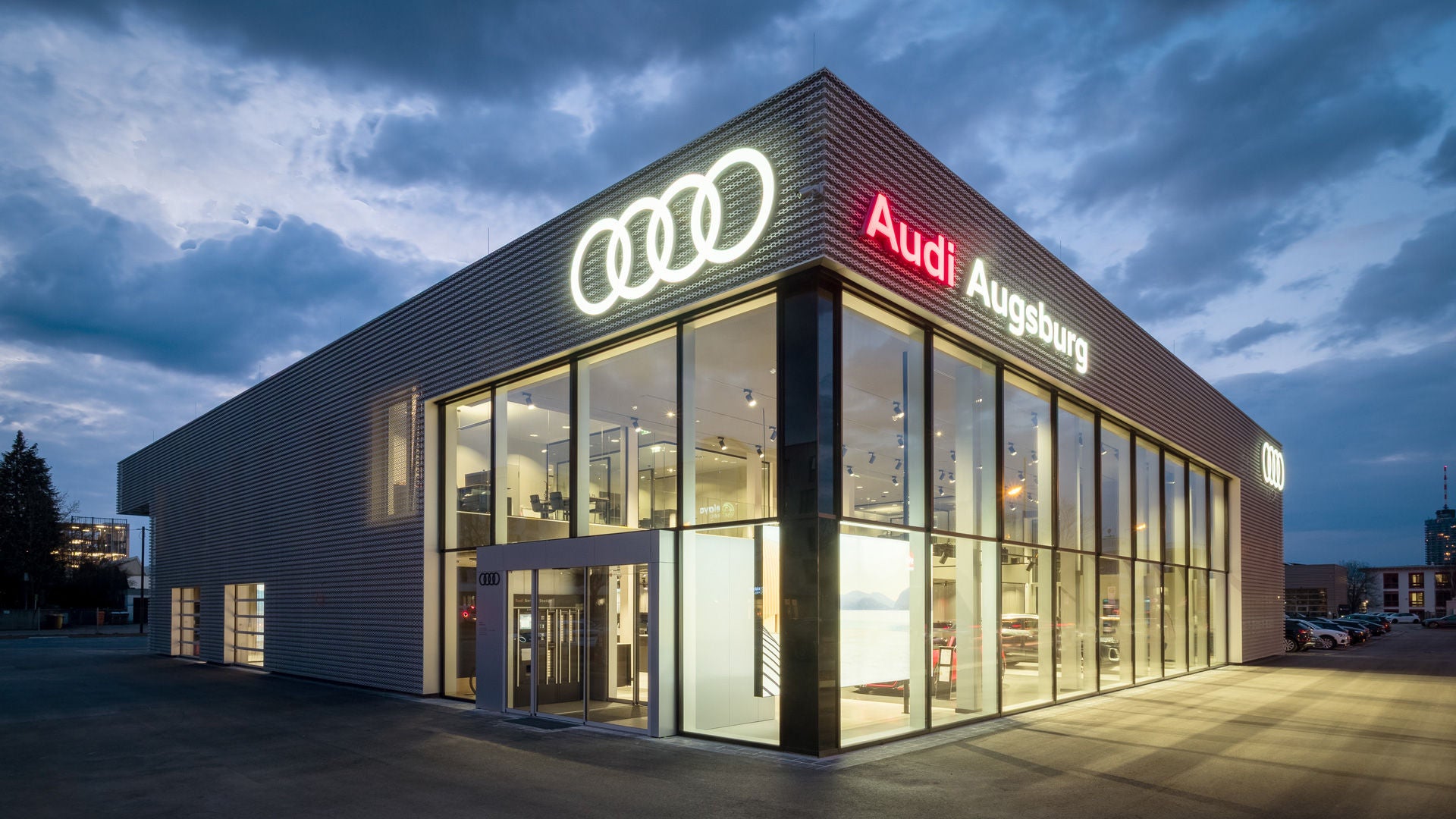
Sustainability Concept
Sustainability is not just a nice-to-have for Audi – it is at the focus of our corporate activity and the basis of our actions. Discover more about the sustainability concept of Audi and how the company is driving forward its transformation from car manufacturer to mobility provider.






.jpg)

